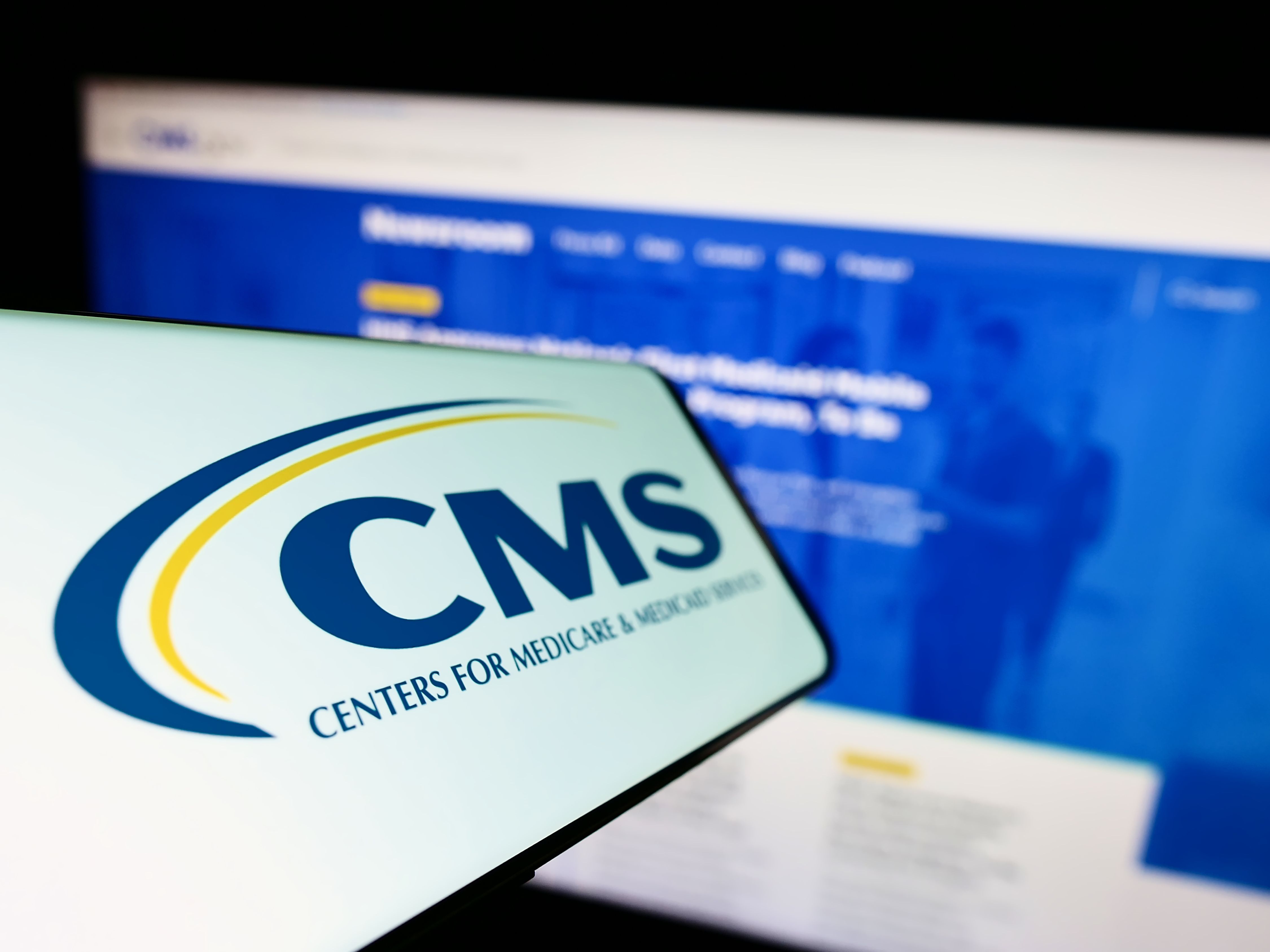Article
Financial Problem Solved! "Should I sell my rental condo?"
The deciding factor should be the expected internal rate of return of your investment.
FINANCIAL PROBLEM SOLVED!
"Should I sell my rental condo?"
Problem
Five years ago, my wife and I bought a condominium, planning to rent it out and then sell it at a profit in eight years, when our son goes to college. We put down 10 percent of the $120,000 cost. Unfortunately, the rental income doesn't cover the mortgage, condo fees, insurance, and other costs. We're taking a $250 loss each month. The condo's value hasn't increased since we bought it, and the local real estate market looks grim. If we sold the condo now, we'd take a capital loss. Should we keep it or sell? (Our household income is about $110,000 a year.)
Solution
The deciding factor should be the expected internal rate of return of your investment. That covers how much after-tax cash flow (positive or negative) you expect each year, how long you think you'll hold the property, and how much profit you think you'll get when you sell it, net of taxes, real estate agent commissions, and other selling expenses. You can have a financial adviser figure this out for you or do it yourself using a financial calculator.
Unless you predict an after-tax return approaching 10 percent annually, I recommend selling the property. You should get a high rate of return to justify the headaches and risks of owning real estate, which include assessments, vacancy, tenant damage, neighborhood decline, and lack of liquidity. You can get a yield of 3.2 percent from six-year tax-exempt bonds and around 6.0 percent from REITs pre-tax, without these headaches.
Unless you can do considerably better than these rates, why take the risk of endangering your child's education with negative returns? Another objective test is whether you would buy the condo at its current price, considering its modest rental income and meager appreciation potential. If not, why hold on to it? Sell the loser and move on to something with better prospects as a college investment vehicle, such as a Section 529 plan. Maybe you believe you won't have a loss until you sell. The fact is, economically, the loss has already occurred.
Professional portfolio managers buy an asset when the fundamental financial facts indicate that it's a good investment, and they sell when that premise no longer seems true. Doing so is just an acknowledgment of the inevitable risks that accompany investing.
Until you sell it, though, you can get some help in the form of tax breaks. At your income level you can deduct up to about $20,000 of net active rental real estate losses annually. That should include your monthly outflow and bills for replacing carpeting, painting, and other costs. That will help you partially offset some of the negative cash flow.
On the other hand, if you've been depreciating the mortgaged property, you may end up paying taxes on "phantom gains" when you sell it. As a result, the tax due will exceed the amount of cash you receive. That's because deducting depreciation over the years reduces your basis in the property and results in a bigger taxable gain (or smaller loss) when you sell. Since you've claimed depreciation deductions, at least some of those gains (so-called unrecaptured Section 1250 gains) will be taxed at a maximum rate of 25 percent, not the usual 10 or 20 percent rate.
Sometimes appreciation combined with tax benefits will make a negative cash flow investment at least tolerable. That doesn't sound like the case here. You'd probably be wise to sell the property.
This issue's problem solver is Giles K. Almond, CPA/PFS, CFP (galmond@matrixwealth.com), a financial adviser with Matrix Wealth Advisors in Charlotte, NC. Financial Problem Solved! is edited by Senior Editor Leslie Kane.
Leslie Kane. Financial Problem Solved!
Medical Economics
Dec. 19, 2003;80:55.





